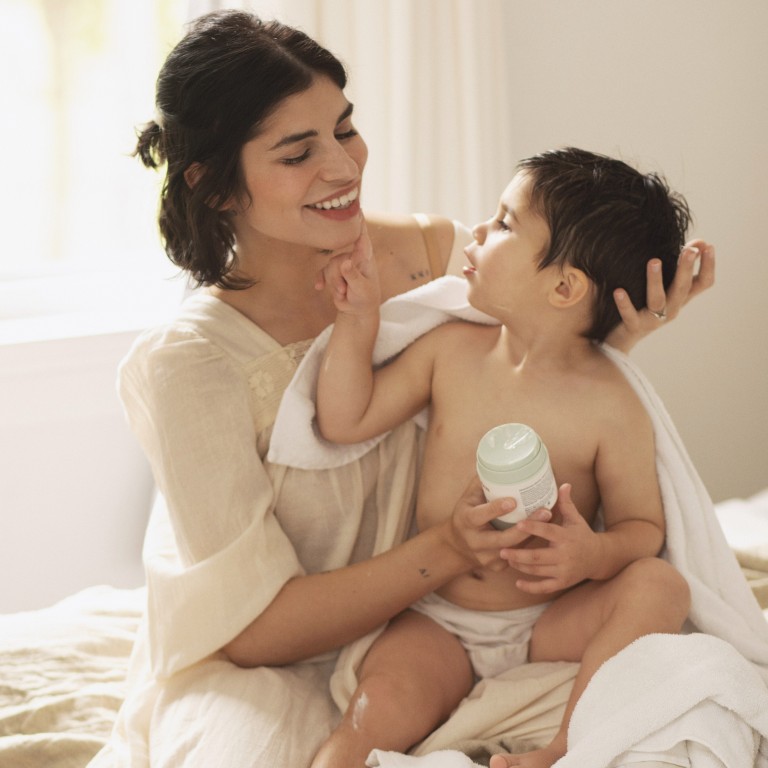
New York-based Malaysian clean beauty brand Evereden’s founder, former investment banker Kimberley Ho, on her epiphany
- Her friends in Malaysia kept asking her to bring natural and organic baby products home – giving Kimberley Ho an idea for her own business
- Working with a Harvard dermatologist on a sunscreen formula showed Ho the harm chemicals in skincare can do. Evereden bans over 2,000 questionable ingredients
Kimberley Ho grew up in tropical Malaysia where the sun shines brightly all year round, and had the importance of wearing sunscreen drummed into her.
So when the co-founder of family-focused skincare label Evereden discovered from a dermatologist that some of the chemicals used in sunscreens could be harming her, she had to unlearn old habits.
These days, she eschews chemical sunscreens in favour of mineral sunscreens on her doctor’s advice.
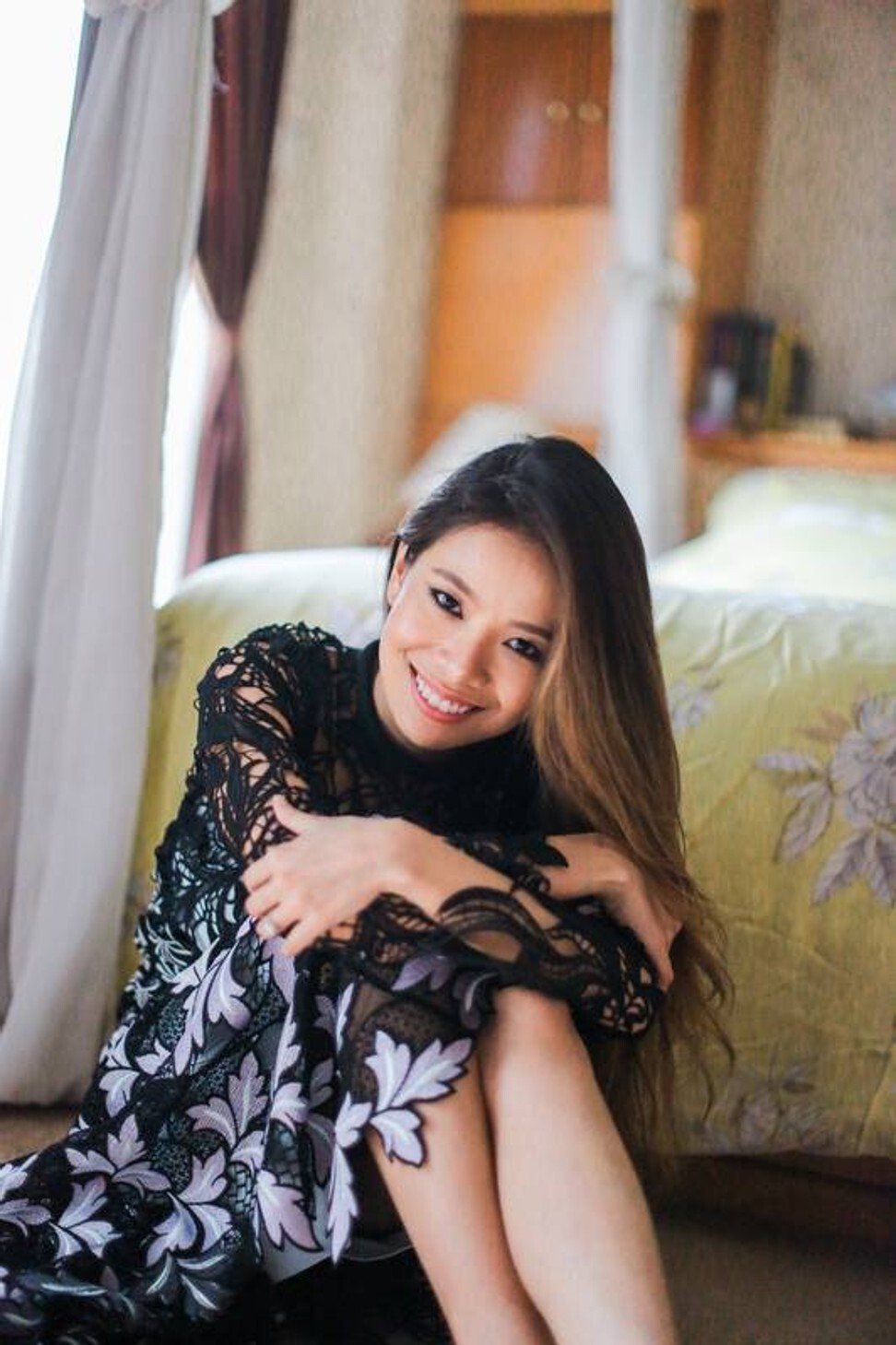
Her epiphany came about when she was working with Dr Sarina Elmariah, a dermatologist and professor at Harvard Medical School, on formulating a range of high-performance skincare made with safe, natural and plant-based ingredients that could be used even on babies.
Elmariah, one of three female dermatologists from Stanford and Harvard on Evereden’s scientific advisory board, showed Ho research on how ingredients in chemical sunscreens could seep into one’s bloodstream.
The new frontier in luxury skincare: baby products
“She was one of the doctors that was most against this using any sort of chemical sunscreen ingredient. From the get go, like, that was one of the first things that was easy to put on Evereden’s banned and restricted list,” says Ho via Zoom.
In 2018, Ho and two co-founders, including her husband, Huang, launched Evereden, a range of natural, family-friendly skincare products, such as baby face creams, belly serums, multipurpose balms and, of course, a mineral sunscreen.
Her target is the “new mum economy”, a market Forbes estimates is worth US$46 billion. While consumers are familiar with household names such as Johnson & Johnson or Aveeno, there are few modern brands that offer products such as tear-free shampoos or gentle lotions for the entire family.
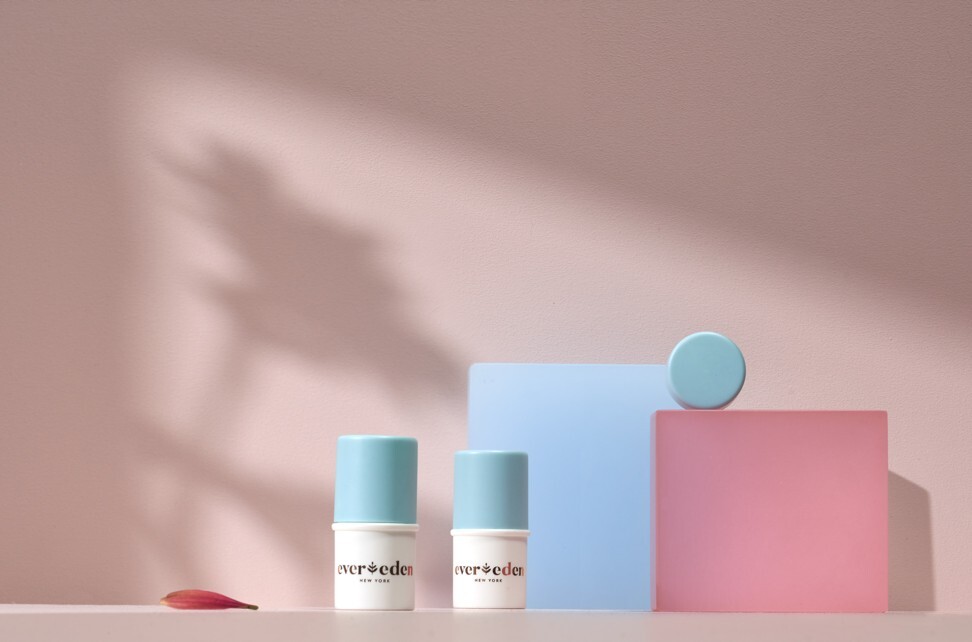
“I think it is a shame that this category has sort of been dominated by the same players for the past 30 years. These are brands that are good, but I think consumer needs have changed,” observes Ho.
“There was so much innovation in technology and ingredients in the last 20 years in women’s beauty, but when it came to products for the most precious, delicate members of the family – babies and children – there weren’t really any brands that were adapting to the modern needs of these families.”
Evereden touts its “ban” list of more than 2,000 questionable ingredients, which was created in consultation with its scientific panel of “mums in medicine” – a selling point that will surely appeal to today’s clean-beauty-conscious consumer. For context, the United States has banned 11 skincare ingredients, while the European Union has banned 1,400.
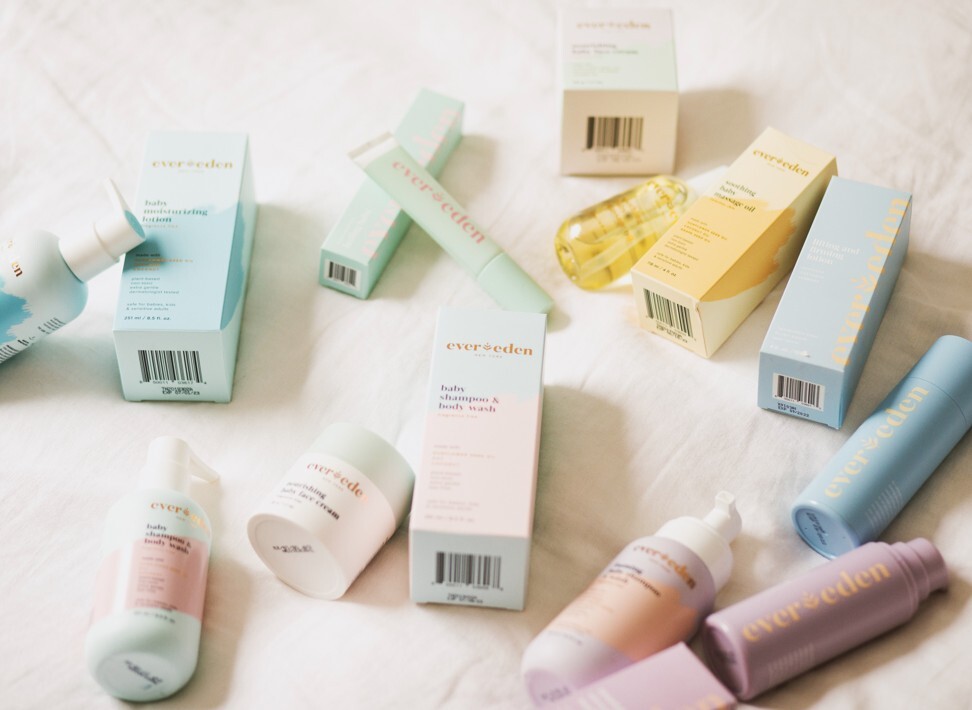
The idea for Evereden was inspired by Ho’s childhood girlfriends, who would beg her to buy natural and organic baby products from the United States whenever she returned to Asia. A Stanford University graduate with a degree in economics, Ho, who worked on Wall Street as an investment banker and a consumer brands investor, began to sense a business opportunity.
“Being a newcomer to this industry, I thought, why don’t we take the creativity and aesthetic that we see in luxury, fashion and fragrances into a brand that is for the modern family? It’s been so exciting to imagine what a brand for the next generation of families can look like.”
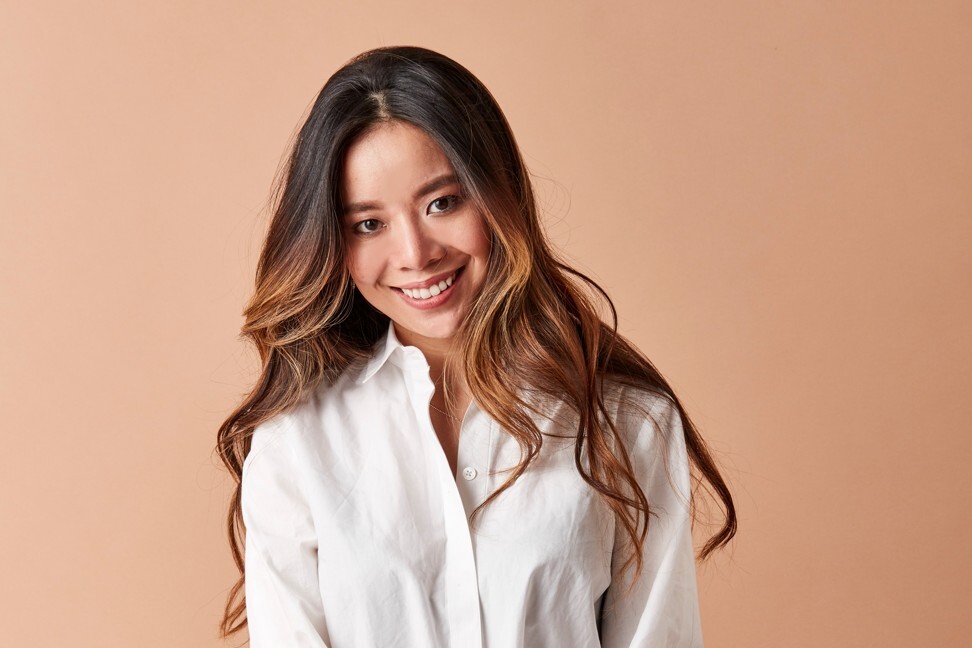
During 2020, Evereden’s sales grew by more than 500 per cent compared with the previous year and it launched six new products, despite travel restrictions and supply chain issues.
“I think skincare products, especially those for your family members, are essential items. You will always need a cream, a bunch of body wash and shampoo for yourself and your child,” Ho says.
She credits the growth to two factors – a marketing strategy focused on driving organic, word-of-mouth recommendations and the brand’s strong relationship with its suppliers that ensured they continued receiving materials and packaging parts such as bottle pumps.
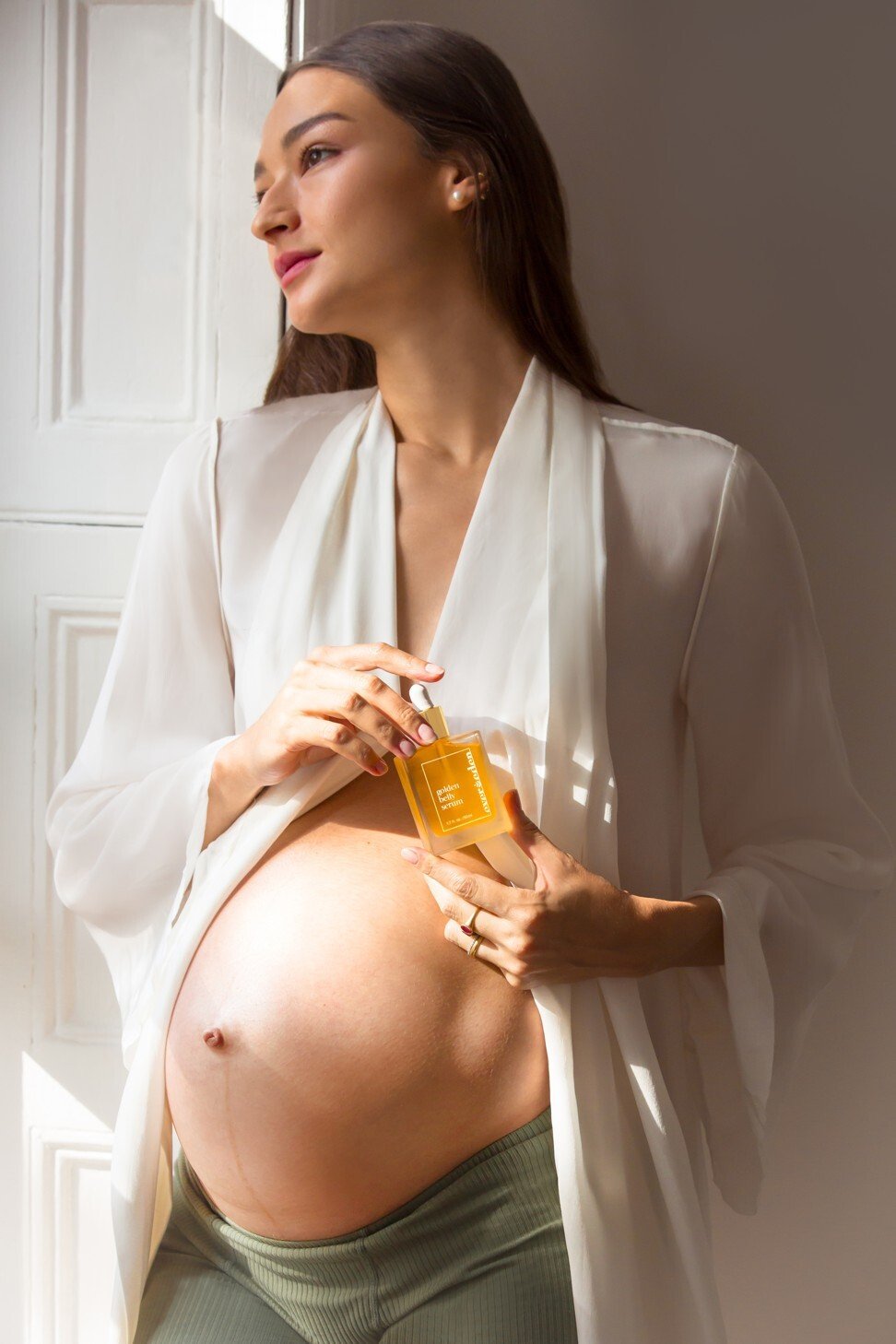
In the course of establishing Evereden, she and her husband, Huang, who handles the operations aspect of the business, made trips to China to visit their suppliers’ factories. Their goal was to get to know the factory operators so that they could cut out the additional costs of dealing with middle men in the manufacturing and supply lines.
“We spoke to them in Mandarin and added them on WeChat. So this year when Covid-19 happened, while a lot of small guys were squeezed out because the suppliers had to service big companies first, we managed to continue receiving our supplies,” says Ho.
“We did not treat this as a grand strategy, but building real relationships with our partners and treating them as an extension of our team worked in our favour.”
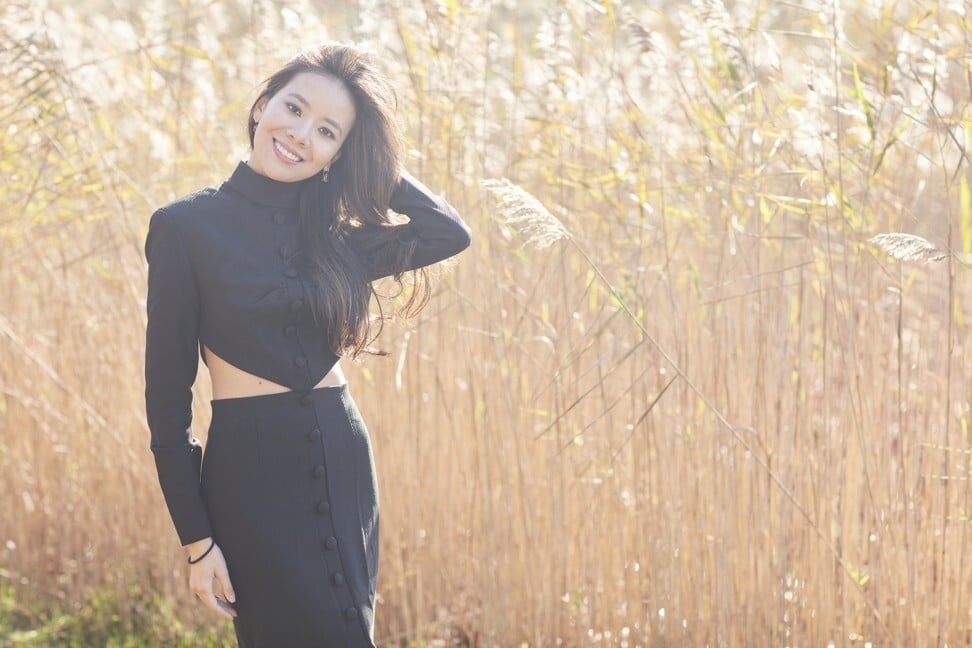
The unprecedented year also brought some personal changes for this dynamic entrepreneur. A scroll of her carefully curated Instagram feed shows Ho’s keen style sense. “But this year, I’ve mostly been in sweats,” she says with a laugh.
“And for Zoom, I prefer tops with interesting necklines,” she says, like the black Khaite Maddy top she has worn for this interview. “These tops also pair nicely with white jeans or slacks for a less formal dinner meeting.”

